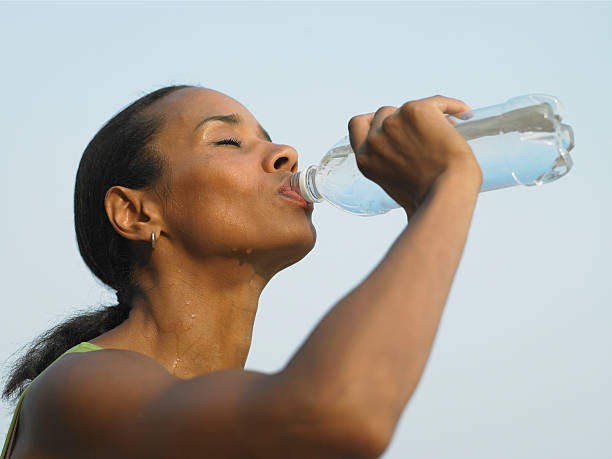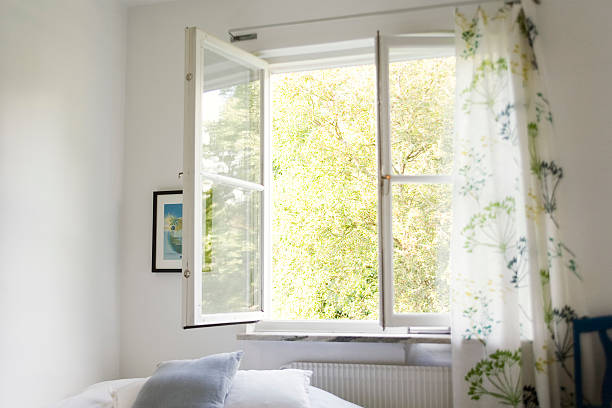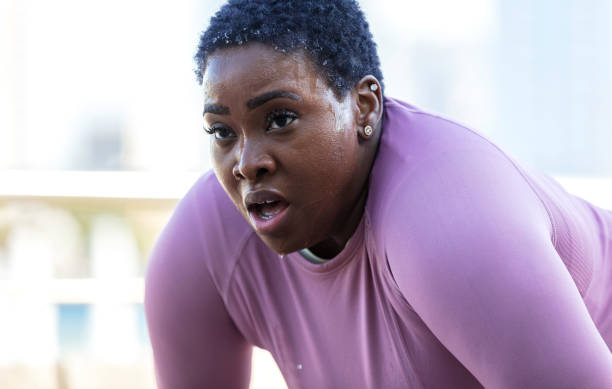
It's likely that everyone over the age of 40 has experienced heat slowly but steadily rising throughout their whole body. It's so hot inside that standing in front of an open refrigerator or freezer seems like a good idea. It's not the weather that brings on vasomotor symptoms (more commonly known as hot flashes) but rather the fact that your body incorrectly registers heat. Blood rushes to the skin when your body senses that it needs to chill down. Having messy communication causes hot flashes.
While uncomfortable, hot flashes pose no health risks. Anyone, but especially women going through menopause, might have hot flashes. Although the cause of hot flashes remains a mystery, there are ways to alleviate their symptoms.
5 Ways To Cool Down

Water
You are probably not getting enough water into your system if you are not continually consuming it. A lack of fluids may trigger menopause night sweats and hot flashes.
The hypothalamus, sometimes known as the "thermostat of the brain," plays an essential role in detecting thirst. The hypothalamus may trigger a heat flash in response to dehydration to ensure the thirsty person consumes sufficient fluids.
Unfortunately, as we age, our ability to sense hunger weakens. Naturally, people drink less water as they become older. Hot flashes are an uncomfortable symptom of chronic dehydration.
Keep yourself hydrated by toting about a water bottle. Hot weather workouts need increased water intake and more time spent outside.
You can tell how well hydrated you are by looking at your urine. When it's clearer, you know you're getting enough nutrition, and when your body is well hydrated, you experience fewer hot flashes.
RELATED: Menopause: How it Can Affect the Body

Clothing Choice
Fabrics that allow air circulation might be helpful. All-natural cotton is highly recommended due to its excellent breathability. It is much easier to control your body temperature while wearing many layers.
Take off your outerwear when you feel a hot flash coming on. Remove those bulky socks as soon as you can. Wearing open-toed shoes helps reduce body heat.
Many women have night sweats due to hot flashes, so you may choose to sleep with your feet propped out the covers. A lack of cool air to breathe might make it hard to go to sleep in this heat. Luckily, several businesses provide pajamas for hot sleepers to their employees. A good night's sleep can be had in satin because it keeps you cool.

Sleep Environment
A breeze might mitigate the severity of a heat flash. It could get even hotter in your bedroom at night. If you want some fresh air at night, try opening a window or using a fan.
It is also possible to get cooling mattress pads and pillows to ensure that you have a comfortable night's sleep despite the nighttime warmth.
- Silk sheets calm the body.
- A light down comforter is better than a warm one.
- Cool-Jams makes cool mattress pads, sheets, and pillows.
Deep breathing and meditation before bed may help you cool down and calm your mind and body in preparation for sleep. During menopause, your nervous system can benefit from the relaxation brought on by meditation and provide possible protection against hot flashes caused by hypothalamic dysfunction.

RELATED: 9 Steps To Great Health After Menopause
No Spicy Foods
The tendency to experience hot flashes may be higher if you prefer spicy foods to those with a mild flavor. Reduce hot flashes by avoiding spicy meals. Like hot flashes, spices may cause internal warming. Hot flashes and perspiration may be exacerbated by consuming spicy foods.

Get Sweaty
Making yourself hotter than necessary may seem pointless if you suffer from hot flashes. You may use heat as a weapon by perspiring and raising your body temperature. This kind of physical exertion helps to reset the body's thermostat and lessen the severity of hot flashes.
If you get hot flashes that keep you from working out, you'll need to be resourceful. When exercising, you don't have to let yourself become all heated and bothered.
You beat the day's heat when you train first thing in the morning. Morning humidity might be a problem if you live in a very humid area. However, if that's the case, you may always go for a swim in water that's much below your body temperature. Doing this could help you maintain your cool. Getting your heart rate up won't make you feel as hot, but it will still have the same temperature-regulating effects.
Will The Hot Flashes Go Away?
Heat flashes have been a problem for women for decades. Hot flashes occur often but are generally safe. A lack of menstruation and the passage of menopause are no guarantees that hot flashes will disappear.









